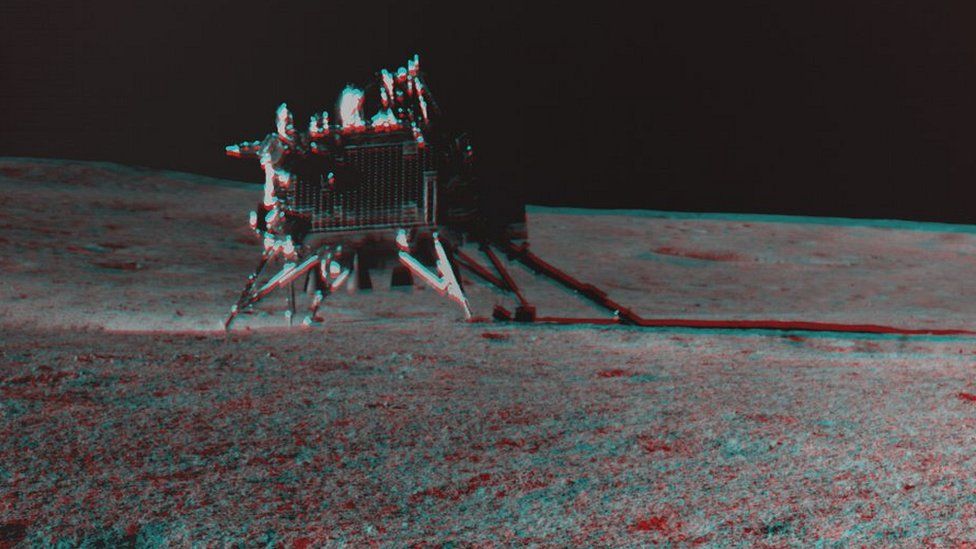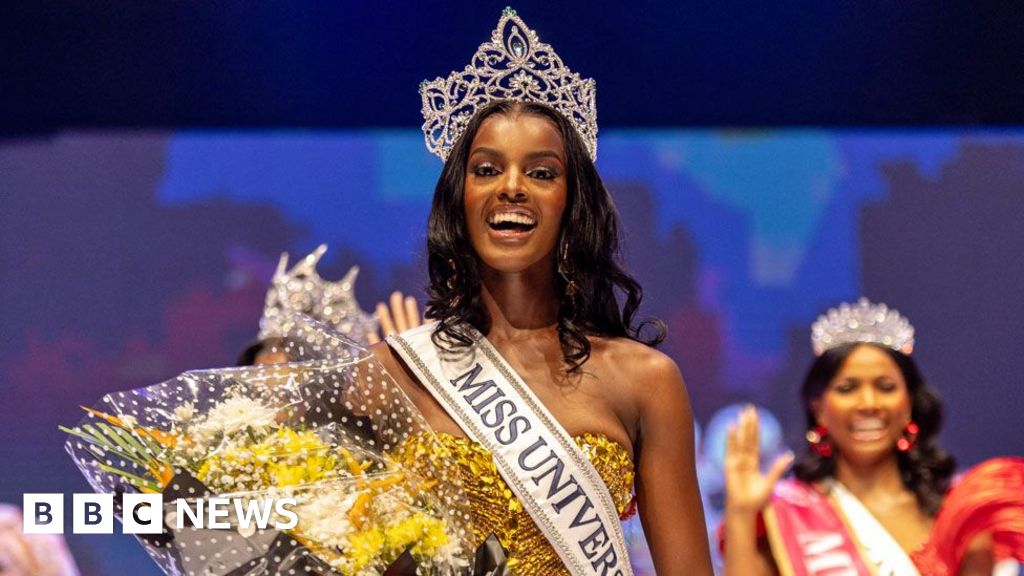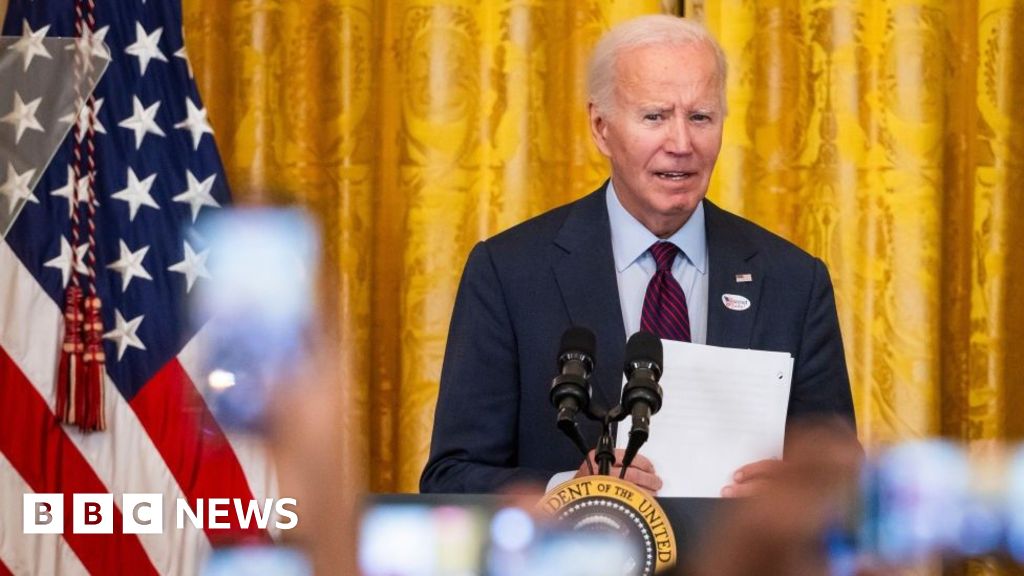ARTICLE AD BOX
 Image source, Isro
Image source, Isro
A photo of the Vikram lander taken by Pragyaan rover
By Geeta Pandey
BBC News, Delhi
Chances of India's Moon lander waking up after a freezing cold lunar night are "dimming with each passing hour", space scientists from the country have told the BBC.
But they said that they would keep trying until the end of the lunar day.
A day and night on the Moon each last just over 14 Earth days.
On Friday, space agency Isro said it was trying to contact the lander and rover after a new lunar day began, but had not received any signals.
The lander called Vikram, carrying the Pragyaan rover in its belly, touched down near the Moon's little-explored south pole in August. They spent two weeks gathering data and images, after which they were put into 'sleep mode' at lunar nightfall.
The Indian Space Research Organisation (Isro) had said that it hoped the batteries would recharge and the modules would reawaken when the lunar Sun rose around 22 September.
On Friday, Isro posted on X (formerly Twitter) that "efforts to establish communication with the Vikram lander and Pragyaan rover will continue". There has been no official update since then.
On Monday morning, former Isro chief AS Kiran Kumar told the BBC that "chances of reawakening are dimming with each passing hour".
"The lander and rover have so many components which may not have survived the frigid temperatures on the Moon," he said, adding that temperatures near the lunar south pole are known to plunge to -200C to -250C (-328F to -418F) at night.
"Unless the transmitter on the lander comes on, we have no connectivity. It has to tell us that it's alive. Even if all other sub-systems work, we have no way of knowing that," he added.
An Isro spokesman added that efforts to contact the lander and rover were continuing.
India made history with its Chandrayaan-3 mission when it became the first country to successfully land a spacecraft near the lunar south pole.
It also joined an elite club of countries to achieve a soft landing on the Moon, after the US, the former Soviet Union and China.
Image source, Isro
Image caption,Isro released a graphic of the path taken by the lunar rover
The landing was carefully planned to coincide with the start of a lunar day so that Vikram and Pragyaan would have two weeks of sunlight to work with.
The space agency has provided regular updates on their movements and findings and shared images taken by them.
While putting them to sleep, Isro said both had completed all their assignments, but expressed the hope that they would reawaken at the start of the next lunar day.
Experts cited the example of China's Chang'e4 lander and Yutu2 rover which did wake up several times with the sunrise.
But Isro had tried to temper expectations, saying "if Vikram and Pragyaan do not wake up they will stay on the Moon as India's lunar ambassador".
BBC News India is now on YouTube. Click here to subscribe and watch our documentaries, explainers and features.

 1 year ago
12
1 year ago
12








 English (US)
English (US)